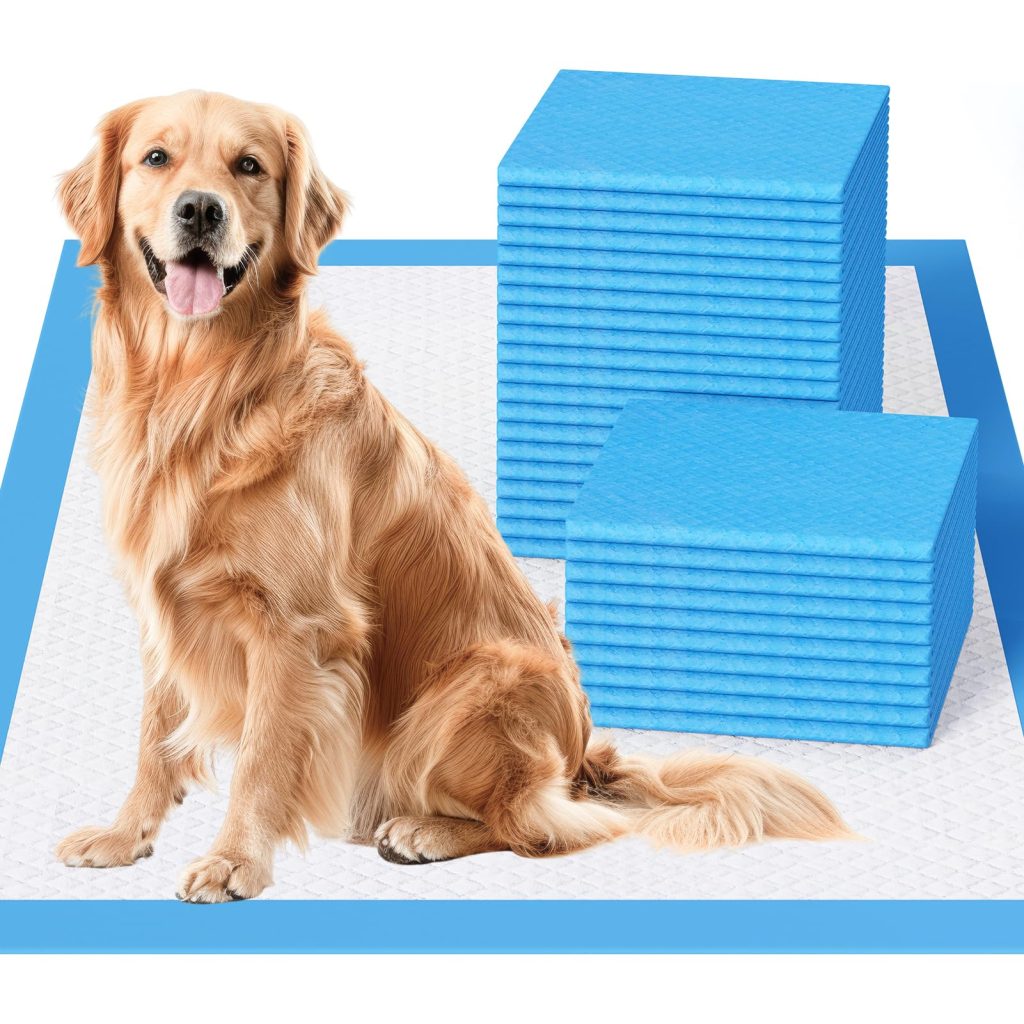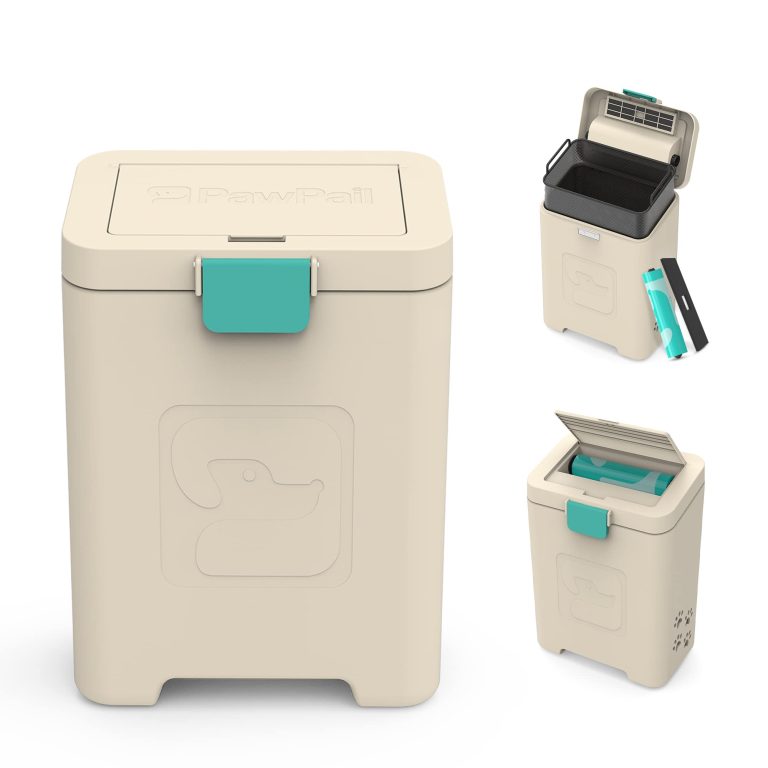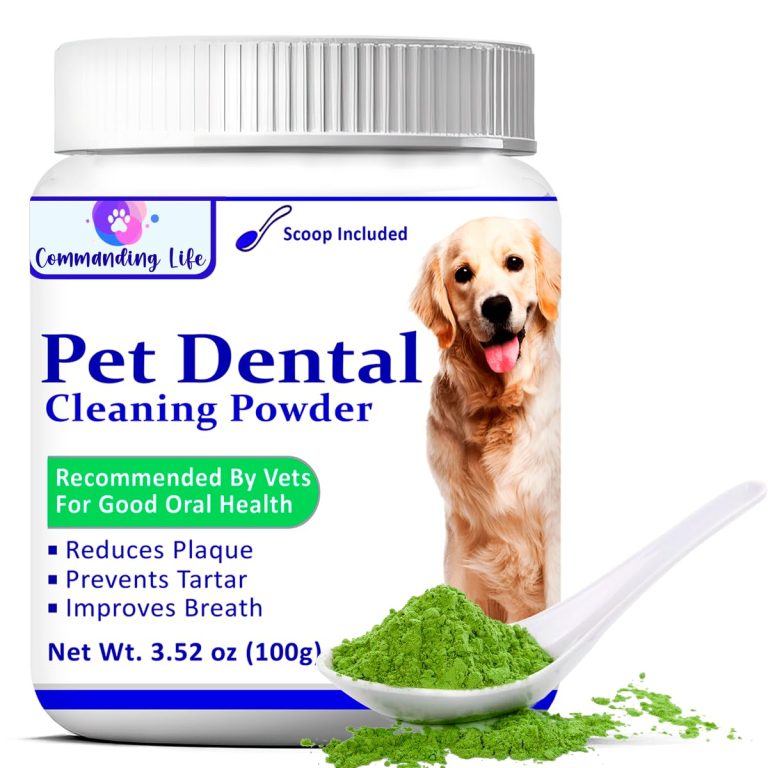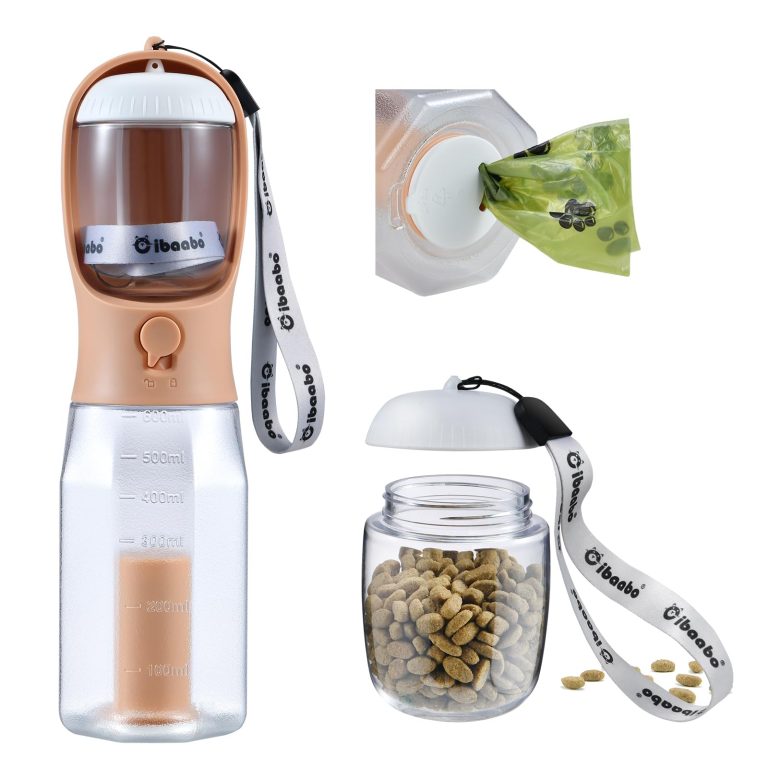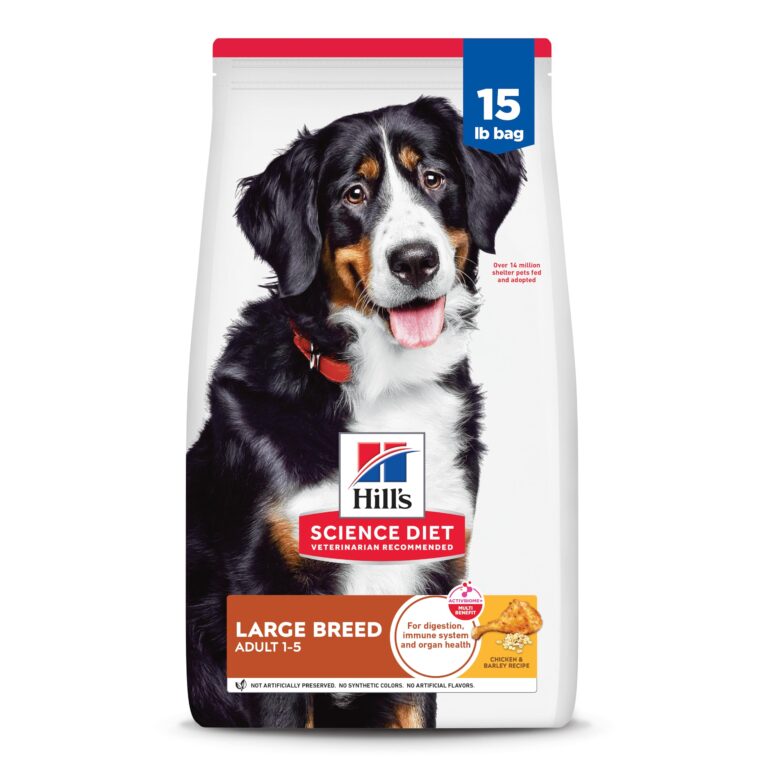The Impact of Diet on Dog’s Dental Health
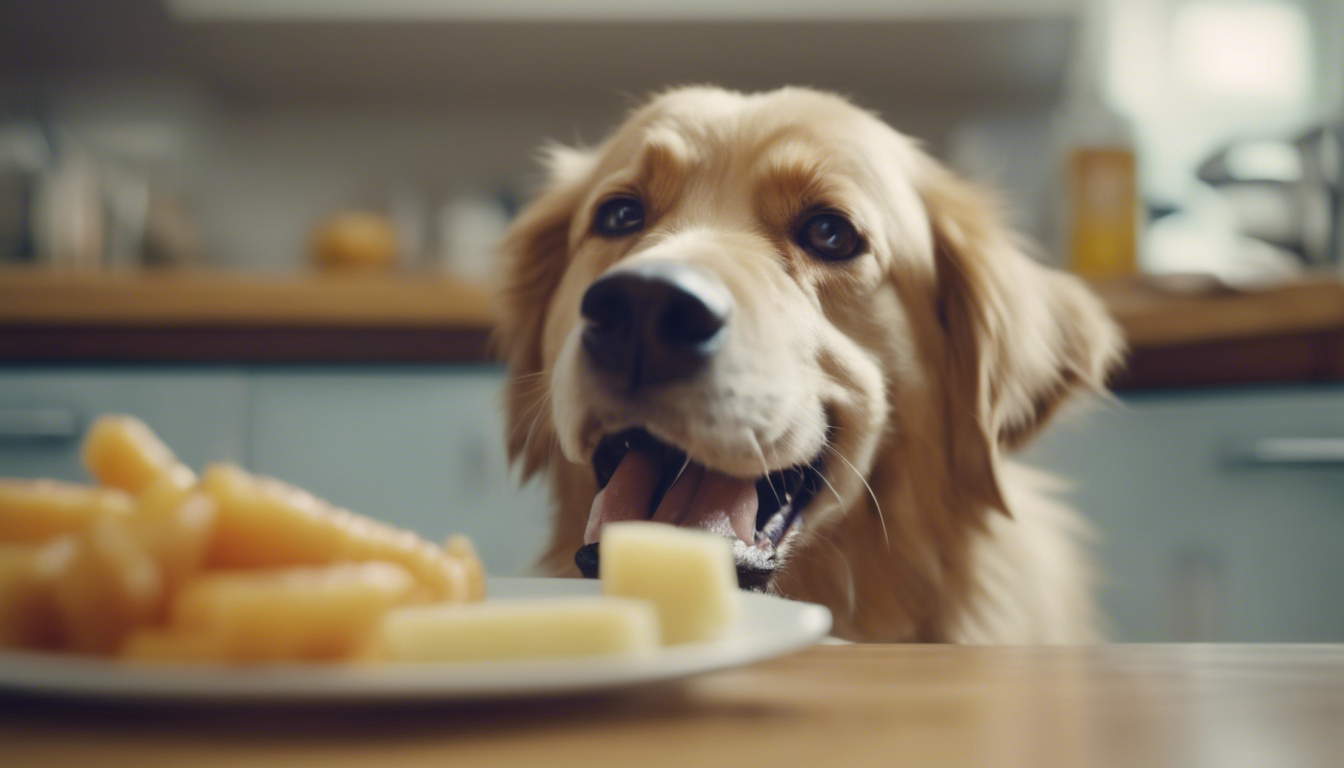
A dog’s dental health is an essential part of their overall well-being. Just like humans, dogs can develop dental problems such as tooth decay, gum disease, and bad breath. The diet plays a significant role in maintaining good oral health in dogs. Providing a balanced diet with essential nutrients ensures that their teeth and gums remain strong and healthy. In this article, we will explore the impact of diet on a dog’s dental health.
Balanced Diet Essentials:
A balanced diet for dogs consists of a combination of proteins, carbohydrates, fats, vitamins, and minerals. Each nutrient plays a important role in promoting good dental health in dogs.
- Proteins: Proteins are not only essential for muscle growth and repair but also for the health of a dog’s teeth and gums. It is important to include high-quality animal-based proteins in their diet, such as chicken, beef, or fish. These proteins help maintain strong teeth and contribute to the repair of any damaged tissues in the mouth.
- Carbohydrates: While excessive carbohydrate consumption can contribute to dental issues, including some complex carbohydrates in a dog’s diet can be beneficial. Carrots, sweet potatoes, and brown rice can offer chewing exercise, aiding in removing plaque and tartar buildup.
- Fats: Healthy fats found in sources like fish oil and flaxseed can help reduce inflammation in a dog’s mouth. Additionally, fat-soluble vitamins like vitamin A, D, E, and K are important for maintaining healthy teeth and gums. Including foods rich in these vitamins is essential for their overall oral health.
- Vitamins and Minerals: Including a variety of fruits and vegetables in their diet can provide essential vitamins (such as vitamin C) and minerals (such as calcium and phosphorus) that contribute to strong teeth and gums. Apples, pumpkin, and leafy greens are excellent sources of these nutrients.
Dietary Needs for Different Life Stages and Breeds:
Dogs have different nutritional needs based on their age, size, and breed. It’s important to ponder these factors when determining their diet to ensure optimal dental health.
Puppies:
Puppies require a diet rich in proteins, fats, vitamins, and minerals to support their rapid growth and development. Providing them with appropriate chew toys or treats designed for their age helps with teething stages, strengthening their jaw muscles, and maintaining dental hygiene. Consult your veterinarian to determine the specific dietary needs of your puppy.
Adult Dogs:
Adult dogs have different activity levels and dietary requirements. Maintaining a balanced diet is important to support their dental health. Additionally, regular dental check-ups and professional cleanings are recommended to prevent dental diseases.
Senior Dogs:
As dogs age, they become more prone to dental issues. Special consideration should be given to their diet to meet their evolving needs. Choosing a softer diet that is easy to chew can be beneficial for senior dogs with dental issues. Adding supplements like glucosamine and chondroitin can support joint health and oral health at the same time.
Breeds:
Different dog breeds have varying susceptibility to dental problems. Smaller breeds, such as Chihuahuas and Yorkshire Terriers, are more prone to dental issues due to overcrowded teeth. This makes it important to provide them with a diet that supports good oral health. Larger breeds may have different dietary requirements based on their activity levels, but maintaining a balanced diet and regular dental care are essential for them as well.
Homemade Diet Options:
While commercial dog food can provide the necessary nutrients, some dog owners prefer homemade diets. Homemade diets allow for more control over the ingredients used. However, it’s essential to consult with a veterinarian or canine nutritionist to ensure the diet meets all the necessary nutritional requirements. They can provide guidance on including appropriate proteins, carbohydrates, fats, vitamins, and minerals in a homemade diet.
Note: It is important to note that sudden changes in a dog’s diet can cause gastrointestinal upset. When transitioning to a new diet (whether commercial or homemade), it is best to do it gradually, over the course of several days, to prevent any digestive issues.
To wrap it up, providing a balanced diet that meets the specific nutritional needs of your dog is important for their dental health. Including essential nutrients, feeding according to life stages and breed requirements, and considering homemade diet options under professional guidance are effective ways to promote good oral hygiene in dogs. However, regular dental check-ups and cleanings, along with proper dental care practices, should not be overlooked. By prioritizing a dog’s nutritional needs and dental health, we can ensure their overall well-being and longevity.
